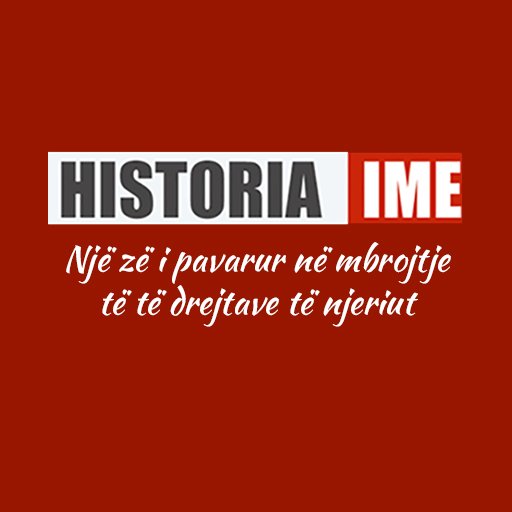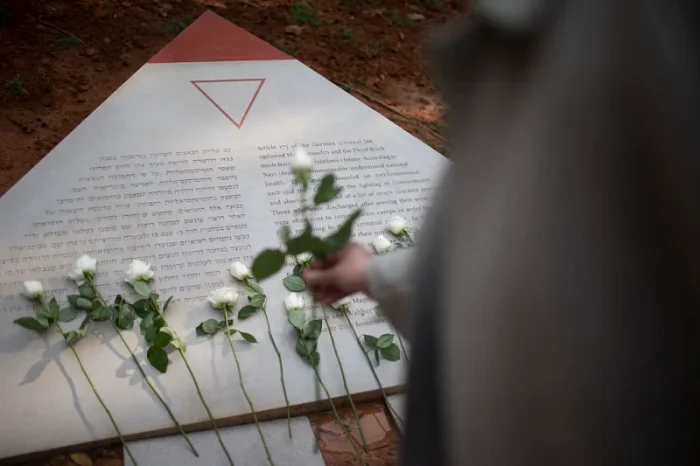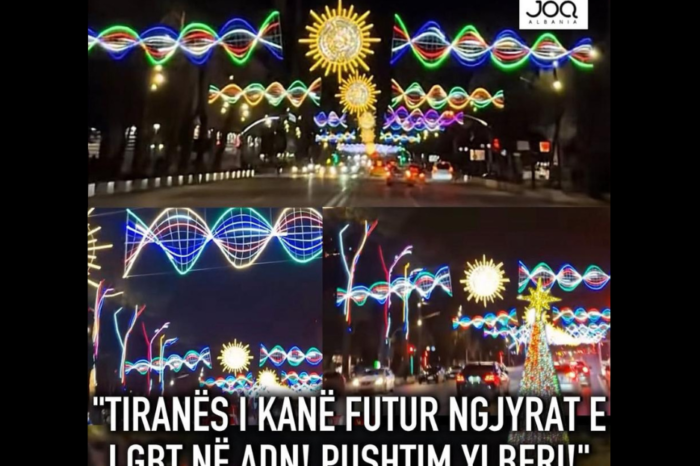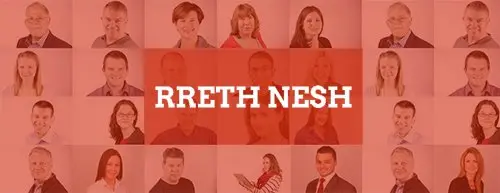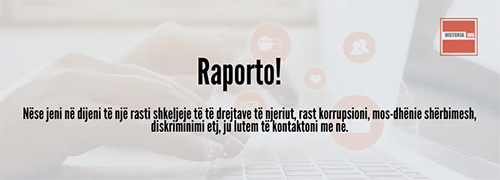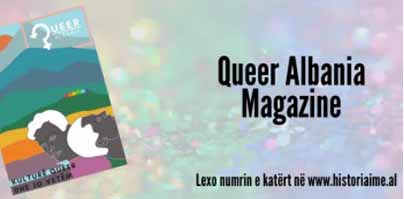Albania’s first LGBTQ+ shelter rejects false allegations amid political tensions following gender equality law
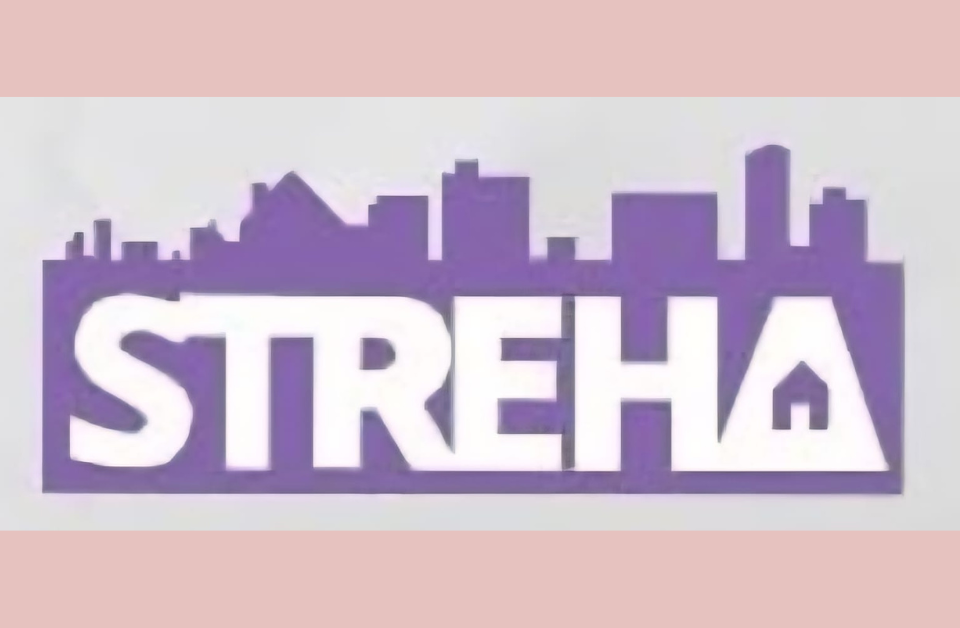
Albania’s first residential shelter for LGBTQ+ youth, Streha rejects allegations made this week by a former beneficiary, stating that all procedures in her case were carried out in coordination with state authorities and documented according to legal and professional standards.
The claims were made by Luana Myrto during a televised interview on Euronews Albania on November 8. Myrto alleged that she had been taken from her family and placed in the shelter without consent.
Speaking on national television, Adela Alikaj, Executive Director of Streha, said the placement occurred in 2015, when Myrto was 16 and assessed as at high risk of exploitation. She said the referral was made by the State Social Service in coordination with child protection workers and the specialized center ARSIS, and that the client’s parent signed a notarized consent document authorizing temporary shelter placement.
“Every step of the case management was carried out jointly with state institutions and is fully documented,” Alikaj said, noting that confidentiality rules limit how much case information can be discussed publicly.
After the emergency period, Myrto was transferred to Tjetër Vizion, a licensed institution for minors. As an adult, she later sought assistance again at Streha, receiving housing, psychosocial counseling, and other support, the center said.
Political context
The dispute comes days after Albania passed a new gender equality law, expanding anti- discrimination protections. The reform has triggered organized backlash from segments of conservative religious groups and far-right commentators.
Among those who publicly opposed the law was pastor and activist Akil Pano, who has voiced concerns about LGBTQ+ rights legislation for more than a decade. Analysts note that his recent messaging parallels far-right evangelical rhetoric in the United States, and comes at a time when former Prime Minister Sali Berisha, currently designated persona non grata by the U.S. government, has increasingly sought to engage conservative religious constituencies.
Human rights organizations say this alignment has contributed to an environment in which LGBTQ+ institutions and activists have become targets of disinformation campaigns.
“Within a matter of weeks, a technical law designed to align Albania with European gender equality standards was reframed as a cultural threat,” said Altin Hazizaj, legal analyst and founder of the LGBTQ rights organization PINK Embassy. “Instead of discussing what the law actually regulates – institutional responsibilities, access to services, and equal treatment – the public was flooded with messages about ‘destroying the family’ and ‘endangering children.’ This is a well-documented pattern in Europe: emotional fear appeals replace legal facts in order to manufacture social division. The language, the pacing, and the repetition all suggest a coordinated disinformation strategy rather than a spontaneous public debate.”
Co-founders respond
In a joint reflection, co-founders Kristi Pinderi and Xheni Karaj said Streha has historically operated under heightened scrutiny:
“Streha has served as a home for over 300 individuals who had nowhere else to go. Its work is documented, monitored, and sustained by the community itself.”
They described the shelter as a cornerstone of LGBTQ+ social support infrastructure in Albania.
“For many, Streha has been a home at the moment when home was no longer safe,” said co- founders Pinderi and Karaj. “It has not only provided shelter, but a sense of continuity – a reminder that a life does not end at the moment of rejection. Over the years, Streha has helped more than 300 young people rebuild their stories, connect with education, work, and community, and imagine futures that once felt impossible. It stands today not just as a service, but as a collective memory of care – built by those who lived there, worked there, and held one another up through the hardest nights.”
Continuing work
Streha says it will continue providing services based on professional standards and legal mandates. “We remain committed to the safety and dignity of every person at risk,” Alikaj said.
Founded in 2014, Streha is the first residential shelter for homeless LGBTQ+ youth in Albania and among the first of its kind in Southeast Europe. The center was established by activists from the Albanian LGBTQ+ movement at a time when services for young people facing family rejection, violence, and homelessness were largely non-existent. Streha operates in partnership with state social services and international organizations, providing temporary housing, psychosocial support, education access, employment assistance, and long-term reintegration planning.
The shelter emerged from a broader LGBTQ+ movement in Albania that began gaining visibility in the late 2000s, pushing for legal protections, public acknowledgment, and access to services. Since then, Albania has passed several key anti-discrimination and gender equality laws, though implementation remains uneven and public opinion polarized. Human rights organizations note that despite legal progress, LGBTQ+ people in Albania continue to face stigma in family settings, religious spaces, and public institutions – making services like Streha critical for young people at risk.
